3 Benefits Of Vitamin E For Hair, How To Use, & Side Effects
Give your locks the care they deserve by including vitamin E into your hair care routine.
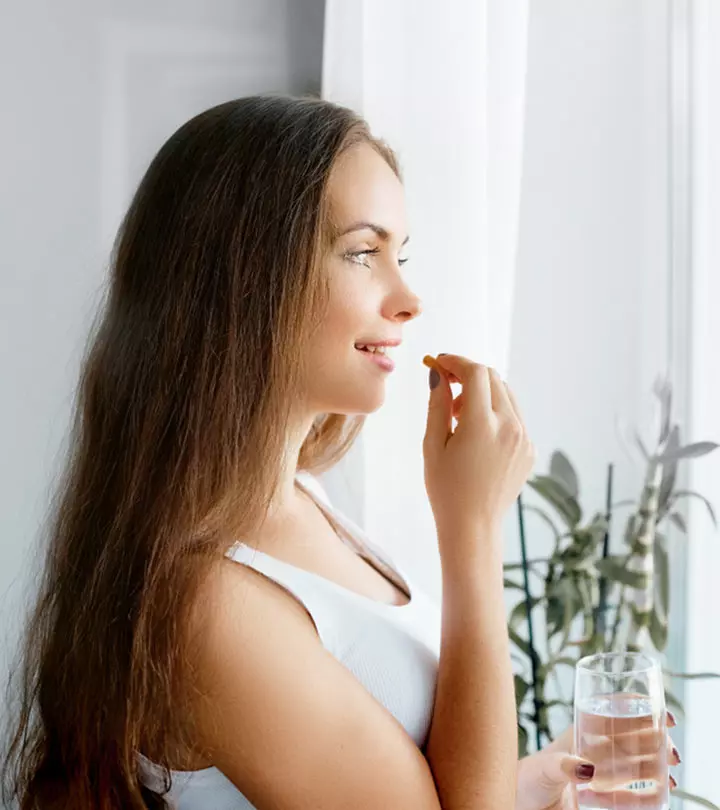
Image: Shutterstock
Squeezing out Evion capsules to apply vitamin E oil to hair has become the next big hair care craze. Boasted to aid hair health tremendously, vitamin E capsule benefits hair immensely. This fat-soluble nutrient contains high amounts of antioxidants that protect the hair from premature aging, oxidative stress, and other forms of hair damage.
Keep reading to discover all the ways vitamin E can improve your hair health. We also tell you if you should be applying the oil to your hair or popping vitamin E supplements instead.

 Know Your Ingredient: Vitamin E
Know Your Ingredient: Vitamin EWhat Is It?
A type of fat-soluble vitamin found in nuts and seeds.
What Are Its Benefits?
It may boost hair growth, combat split ends, and prevent premature graying of hair.
Who Can Use It?
Anybody can consume it except people with diabetes, bleeding disorders, and liver and heart diseases.
How Often?
You can consume 15 mg regularly.
Caution
Overconsumption may lead to severe headaches, fatigue, and diarrhea.
In This Article
The Benefits Of Vitamin E For Hair
There is no substantial scientific evidence to support vitamin E’s role in maintaining hair health and promoting hair growth. However, a few inconclusive studies have noted possible hair benefits of vitamin E.
1. Prevents Hair Loss And Helps Hair Growth
Vitamin E is revered as one of the best vitamins for hair fall control. A small trial found that mixed tocotrienol supplements (chemicals belonging to the vitamin E family) could promote hair growth (1). Another inconclusive study found that decreased antioxidant (like vitamin E) levels might have some connection with alopeciai It is a disease that results in hair loss when the immune system attacks hair follicles. Hair loss begins with circular bald patches. (2).
2. May Prevent Premature Graying
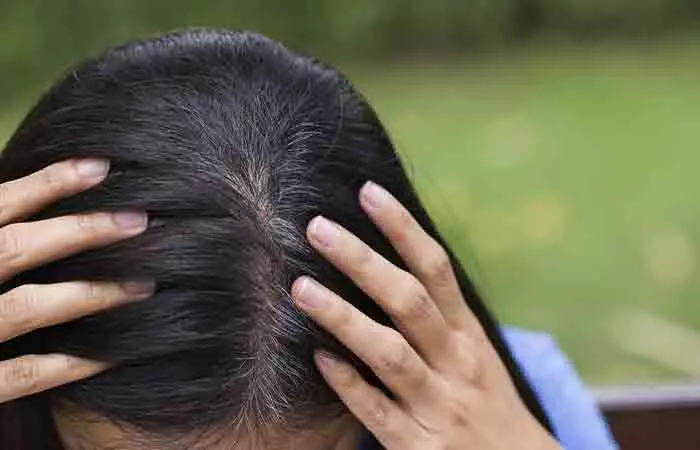
Oxidative stress is one of the prime causes of premature graying, and vitamin E and other non-enzymatic antioxidative molecules can neutralize free radicals and minimize premature graying (3).
3. May Help Repair Split Ends
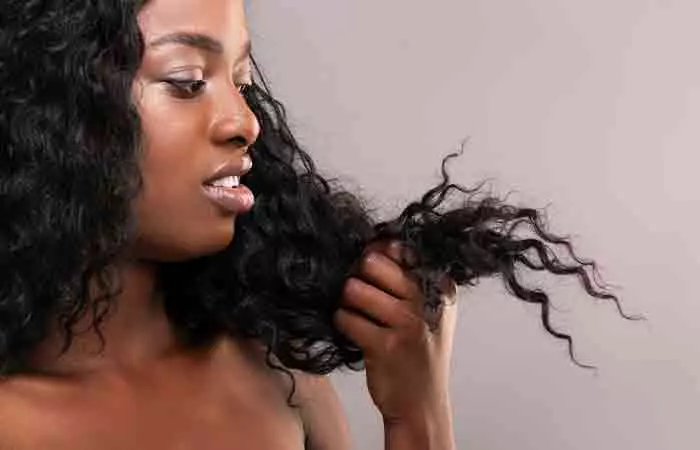
You can squeeze a vitamin E capsule and mix the oil with other protective natural oils and apply it to your damaged hair ends. Vitamin E oil, together with other nourishing oils, can offer you the extra dose of hair nourishment that you need.
4. May Reduce Hair Breakage
Vitamin E may reduce hair breakage by promoting hair strength and resilience. It functions as an antioxidant and protects the hair from free radicals and environmental damage. Regular use of products containing vitamin E or consuming a diet rich in this nutrient can promote hair health (1).
There are several ways to incorporate vitamin E into your hair care routine. Find out how in the next section.
Key Takeaways
- Vitamin E prevents hair loss and promotes hair growth.
- Consuming vitamin E supplements is the best way to provide vitamin E to your body.
- However, vitamin E can cause intestinal cramps, nausea, weakness, and blurred vision if consumed more than required.
How To Use Vitamin E For Hair?
1. Vitamin E Hair Oils And Products
You will find a range of vitamin E hair oils on the market. These oils contain naturally derived vitamin E and other herbal extracts that may help strengthen the hair, nourish the scalp and follicles, and keep your hair healthy.
You may also squeeze out the oil from vitamin E capsules, mix it with your regular hair oil, and use it. However, do a patch test to avoid allergic reactions.
You may also use shampoos, conditioners, and hair masks fortified with natural vitamin E. You can make a rich hair mask by blending vitamin E oil with natural ingredients, such as mashed avocado and honey. Spread it over your scalp and hair, leaving it on for 30 minutes before rinsing. This mask deeply conditions and brings extra shine to your hair.
2. Vitamin E Hair Serum
You can also incorporate vitamin E hair serum into your hair care routine. It can help nourish and reduce hair dryness, brittleness, and breakage. Apply a small amount of the serum to your hair and scalp and massage gently. Regular application can help maintain and improve the overall health and appearance of your hair.
3. Vitamin E Supplements
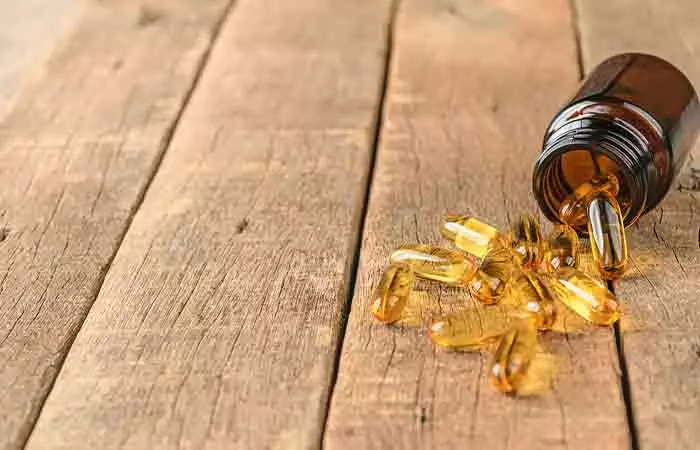
Consuming vitamin E supplements is the best way to get enough vitamin E in your body. You will find vitamin E supplements in the form of pills, gummies, and capsules.
However, there is always a risk of excess vitamin E intake through the supplements. Moreover, supplements are not recommended unless you have a vitamin E deficiency. Hence, consult a doctor before taking vitamin E.
Research indicates that the most effective way to get vitamin E is through food (4). In the following section, we have listed the best food sources of vitamin E.
 Quick Tip
Quick TipVitamin E-Rich Foods For Healthy Hair
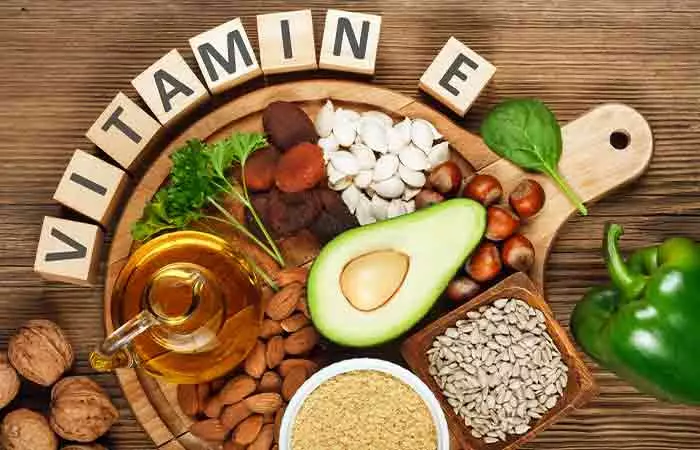
You may include the following foods in your diet (5):
- Sunflower seeds
- Vegetable oils (safflower, wheat germ, sunflower, and corn oil)
- Nuts, such as peanuts and almonds
- Peanut butter
- Green leafy vegetables, such as broccoli and spinach
- Avocados
- Kiwis
- Mango
- Breakfast cereals and fruit juices fortified with vitamin E
A blogger shared her journey with hair fall and the significance of incorporating vitamin E-rich foods in her diet. She tried many hair fall control shampoos but there were no improvements. Then her mom suggested a natural ingredient to help. She writes, “My mom introduced me to eating cooked spinach with a pinch of olive oil and salt everyday or sometimes spinach soup. Within 2-3 months there was a big improvement, dandruff vanished and hairfall was completely stopped. My hair actually looked shiny and more healthy than before (i).”
Try to increase your vitamin E intake by including at least one or more of these foods in your diet. To ensure that you are getting the required amount of Vitamin E each day, check the recommended dietary allowance below.
Daily Recommended Intake Of Vitamin E
The National Institutes of Health recommends the following dosage (5):
| Age | Male | Female | Pregnancy | Lactation |
| 0-6 months | 4 mg | 4 mg | ||
| 7-12 months | 5 mg | 5 mg | ||
| 1-3 years | 6 mg | 6 mg | ||
| 4- 8years | 7 mg | 7 mg | ||
| 9-13 years | 11 mg | 11 mg | ||
| 14 years and above | 15 mg | 15 mg | 15 mg | 19 mg |
Excessive levels of vitamin E in your body can cause serious health risks. Also, vitamin E supplements can interact with other drugs. Check out its side effects below, including the side effects of vitamin E capsules for hair before them.
Vitamin E: Risks, Side Effects, And Interactions
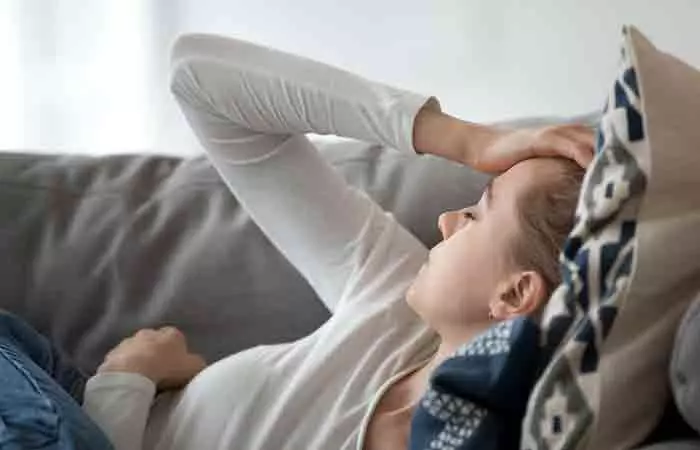
Taking more than the recommended daily value of vitamin E may increase your risk of:
- Hemorrhagic strokei It is caused when blood vessels leak or burst inside of or on the surface of the brain, resulting in excess bleeding. (5)
- Nausea
- Fatigue
- Weakness
- Intestinal cramps
- Headaches
- Diarrhea and flatulence
- Blurred vision
- High creatinine in the urine
Apart from this, vitamin E is also found to interact or interfere with certain medications (5):
- Anticoagulanti A chemical that prevents coagulation of blood and is given to people with a risk of getting clots to prevent strokes and heart attacks. And Antiplateleti Drugs that prevent platelets from sticking together and forming blood clots. It also provides relief from chest pain. Medicines: May increase the risk of bleeding.
- Chemotherapy Or Radiation Drugs: May affect the efficacy of the treatment.
- Simvastatin And Niacin: May interfere with the cardioprotectivei It refers to a set of mechanisms that help keep the heart healthy by minimizing or preventing heart diseases. effects of the drugs.
The risks are only associated with the excessive intake of vitamin E supplements. Vitamin E from food sources does not cause any such side effects.
 Quick Tip
Quick TipInfographic: Benefits Of Vitamin E Oil For Hair
Vitamin E oil is great for all hair types. If you’re still wondering if vitamin E is good for hair, yes it is. It is beneficial to those who are experiencing hair loss and hair thinning. It promotes hair growth and adds shine to your tresses. However, people with certain conditions should avoid using this oil. Do a patch test before using it on your hair to avoid its side effects. Click on the infographic below to learn about the benefits of vitamin E oil for hair and who should avoid using it.
Some thing wrong with infographic shortcode. please verify shortcode syntax
Research is limited regarding the beneficial effects of vitamin E for hair. However, this potent antioxidant can help to maintain your overall hair health. While you may use topical vitamin E products to maintain your scalp health, oral vitamin E supplements may help to nourish the scalp and hair from within. However, excess intake of vitamin E supplements may cause unwanted side effects. Therefore, before taking any supplements, consult a doctor to determine if you need to take them and the correct dosage.
Frequently Asked Questions
How long does it take to see results from using vitamin E on hair?
Most people notice smoother texture and less breakage after 4-6 weeks of regular use. More visible hair growth could take a few months.
Can vitamin E oil be applied directly on hair?
No, as it may cause an allergic reaction. Dilute it with any carrier oil or your regular hair oil before applying.
How often should you apply vitamin E to your hair?
You may use vitamin E-rich hair masks, shampoos, and conditioners 2-3 times a week.
Can I leave vitamin E on my hair overnight?
Yes, you may. However, ensure that it is diluted with hair oil, and you wash it off thoroughly the next morning.
Can vitamin E be mixed with coconut oil?
Yes, you may mix vitamin E and coconut oil.
Which oil is high in vitamin E?
Wheat germ oil has the highest percentage of vitamin E.
What is the best time to take vitamin E supplements?
Consult a doctor to know the right time for taking supplements.
Can vitamin E cure dandruff?
No. It cannot cure dandruff.
Can I leave vitamin E on my hair for 2 days?
There is currently no evidence that suggests that leaving vitamin E on your hair for 2 days is unsafe. However, it is mostly recommended that you leave the vitamin E on your hair overnight and rinse it out the next morning.
How many times can we a vitamin E capsule for hair?
You can mix vitamin E capsules with jojoba or coconut oil and apply the mixture to your scalp twice or thrice a week to improve your hair health.
Does excess vitamin E cause hair loss?
Yes, studies have linked the excess use of vitamin E capsules to hair loss (6). Consult your doctor for the correct dosage before usage.
Illustration: Benefits Of Vitamin E For Hair, How To Use, & Side Effects
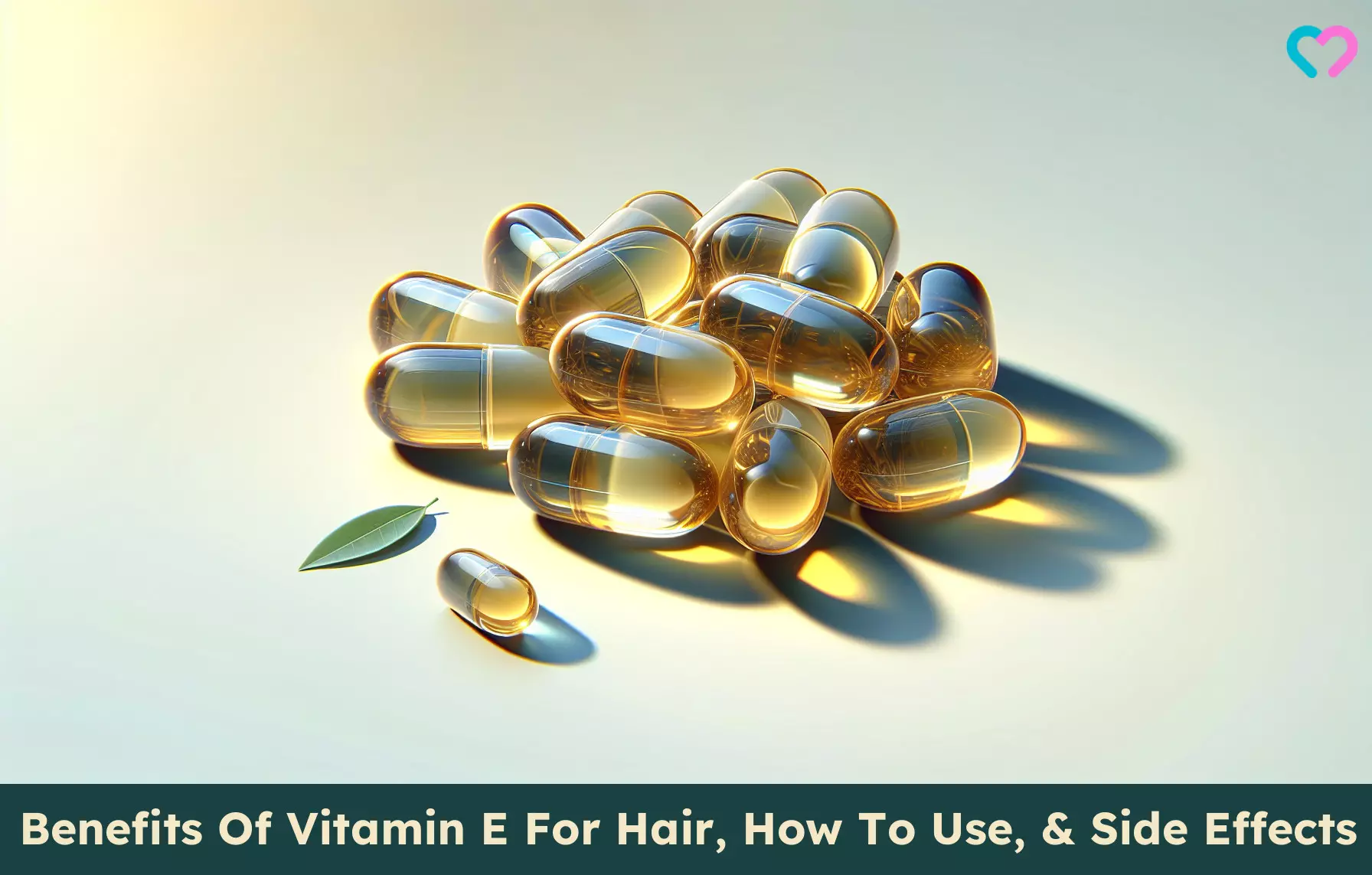
Image: Dall·E/StyleCraze Design Team
Learn how to use vitamin E oil for your scalp to nourish and protect your hair. Watch the video to know how to apply it and get the best results.
Personal Experience: Source
StyleCraze's articles are interwoven with authentic personal narratives that provide depth and resonance to our content. Below are the sources of the personal accounts referenced in this article.
i. MY VITAMIN E MANTRAhttps://luckyladysblossom.wordpress.com/2018/01/20/my-vitamin-e-mantra/
References
Articles on StyleCraze are backed by verified information from peer-reviewed and academic research papers, reputed organizations, research institutions, and medical associations to ensure accuracy and relevance. Read our editorial policy to learn more.
- Effects of Tocotrienol Supplementation on Hair Growth in Human Volunteers
https://www.ncbi.nlm.nih.gov/pmc/articles/PMC3819075/ - Antioxidants and lipid peroxidation status in the blood of patients with alopecia
https://pubmed.ncbi.nlm.nih.gov/10965354/ - Oxidative Stress in Ageing of Hair
https://www.ncbi.nlm.nih.gov/pmc/articles/PMC2929555/ - Exogenous antioxidantsDouble-edged swords in cellular redox state
https://www.ncbi.nlm.nih.gov/pmc/articles/PMC2952083/ - Vitamin E
https://ods.od.nih.gov/factsheets/VitaminE-HealthProfessional/ - Diet and hair loss: effects of nutrient deficiency and supplement use.
https://www.ncbi.nlm.nih.gov/pmc/articles/PMC5315033/
Read full bio of Dr. Vindhya L Veerula
Read full bio of Ramona Sinha
Read full bio of Anjali Sayee
Read full bio of Monomita Chakraborty







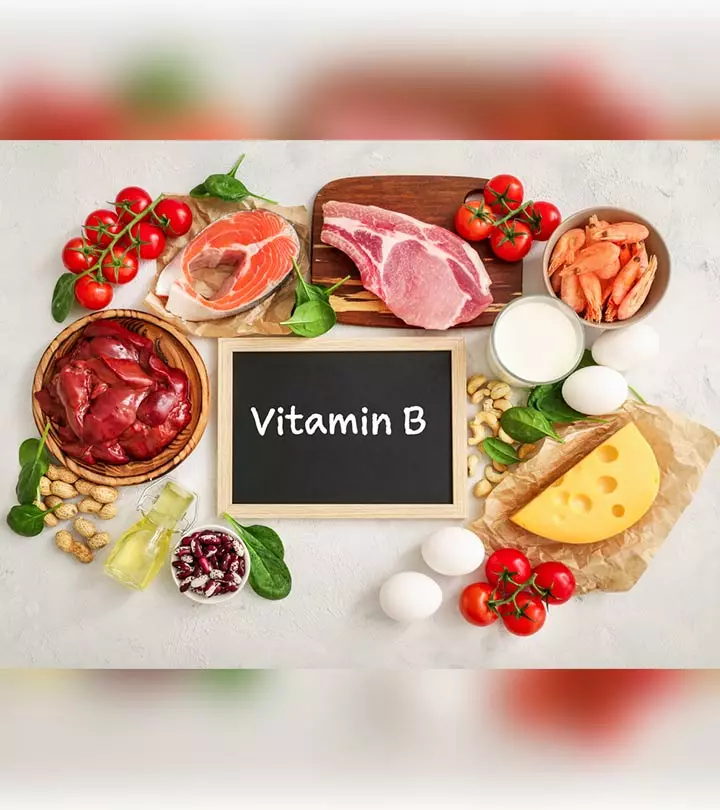
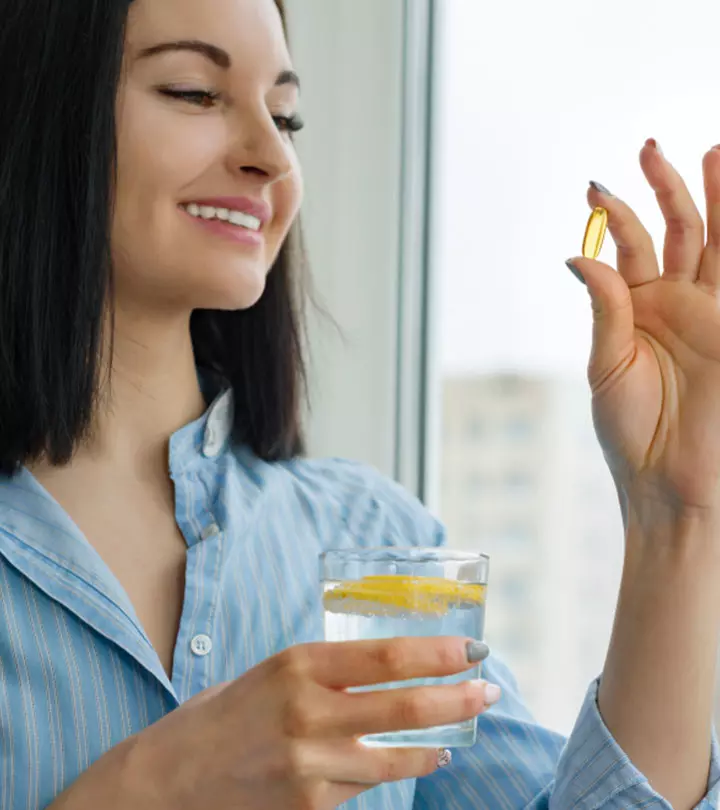
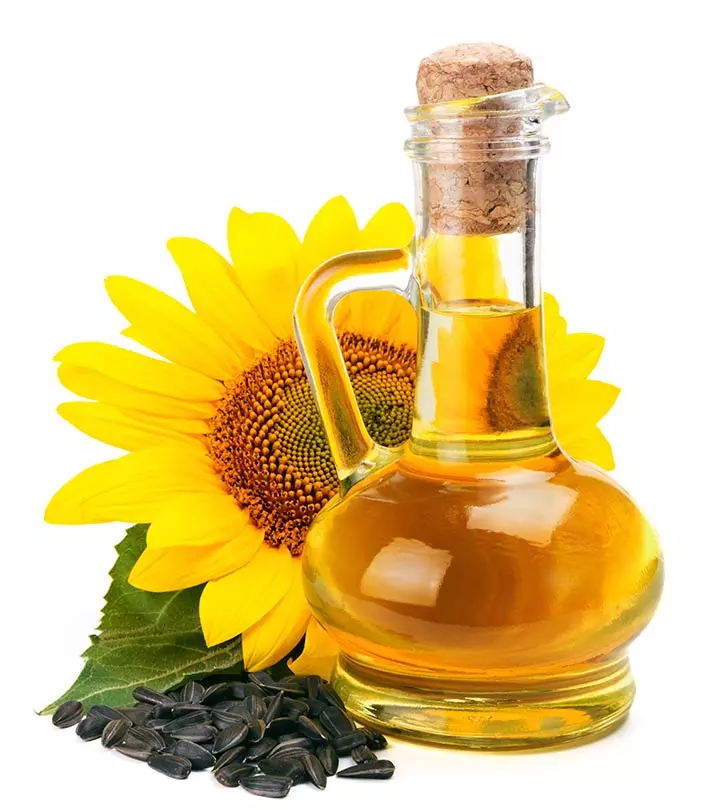
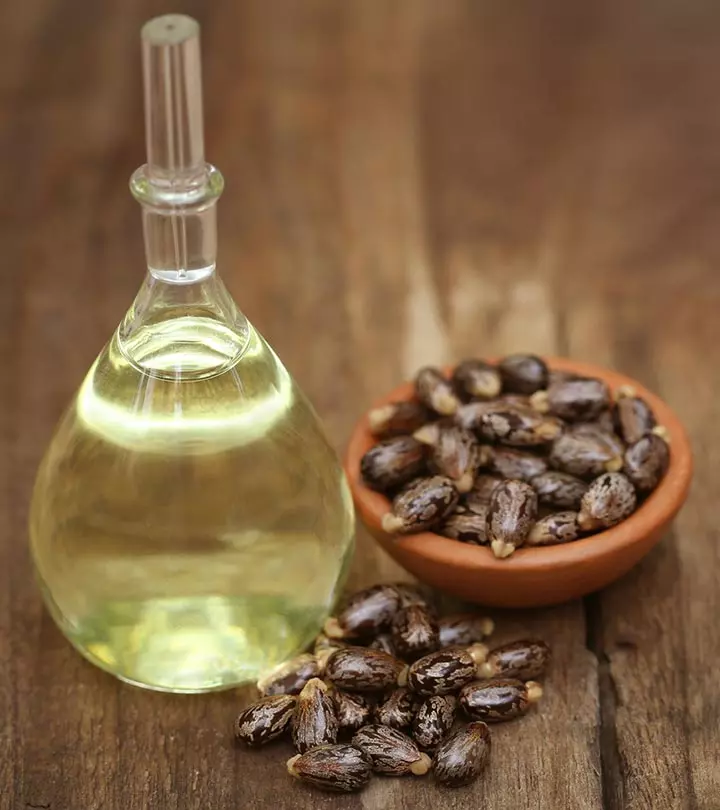
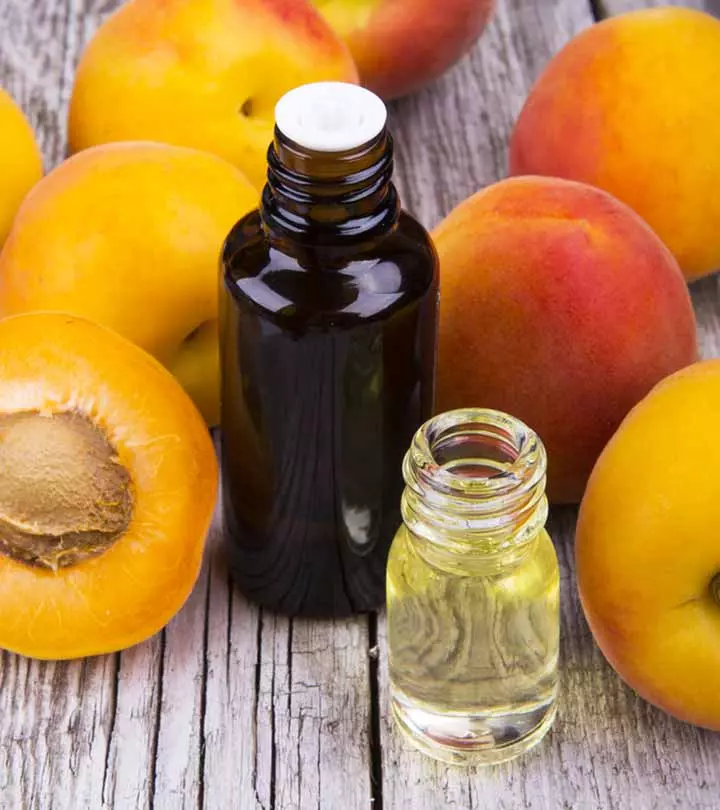
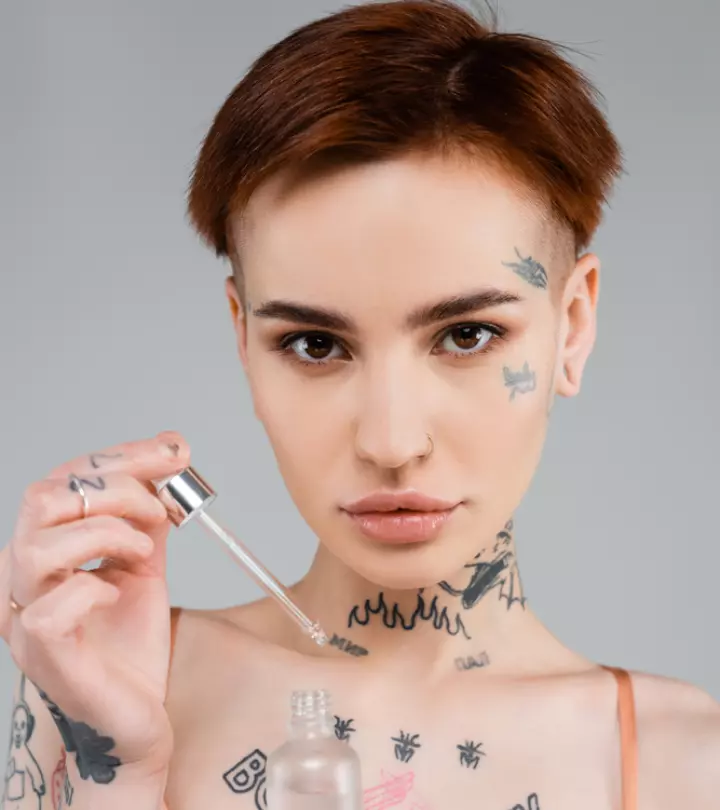
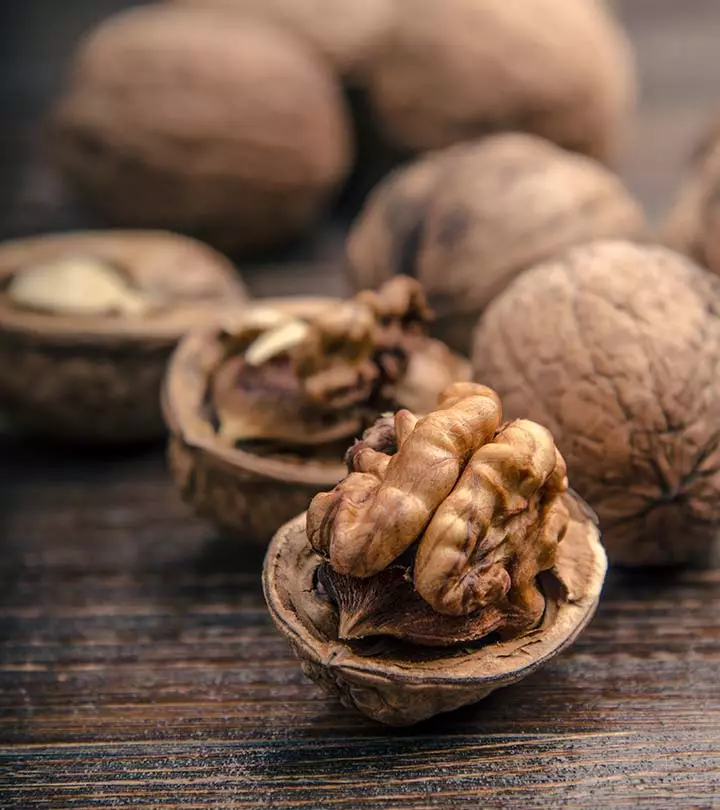
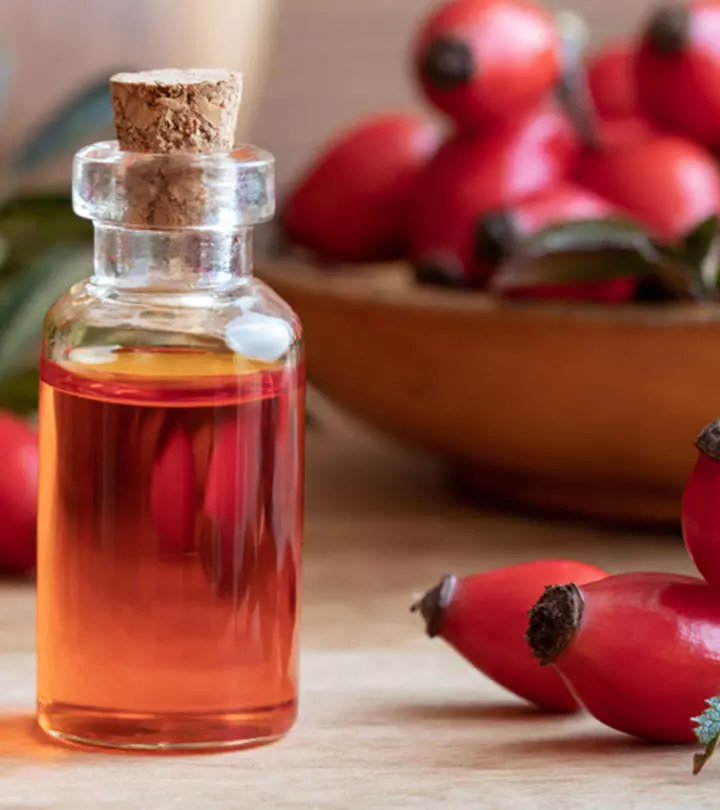
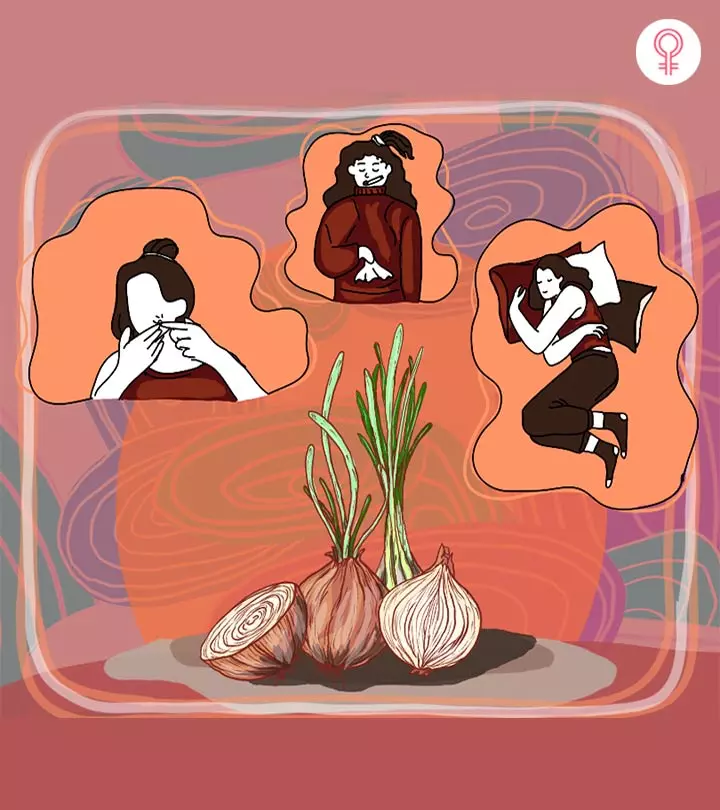
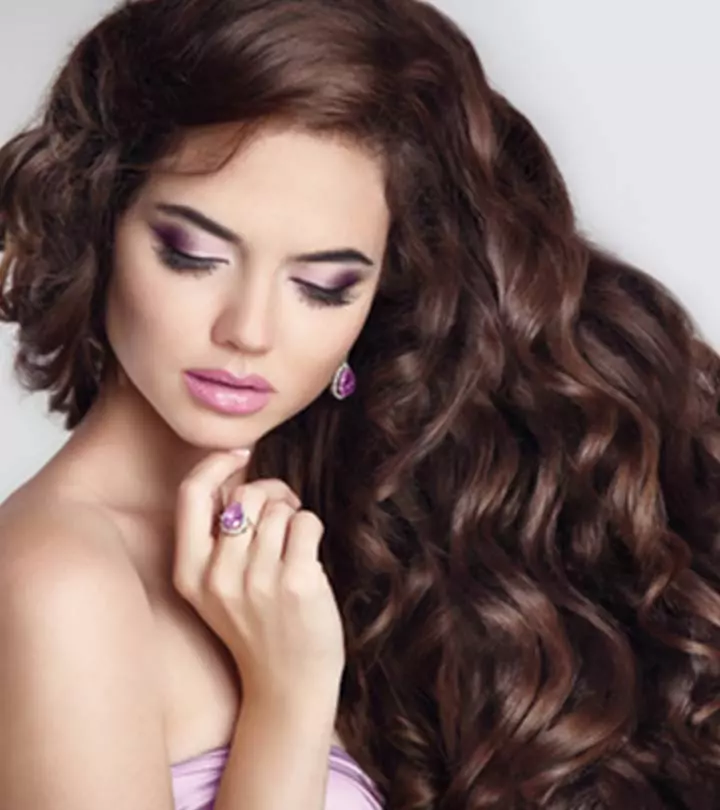
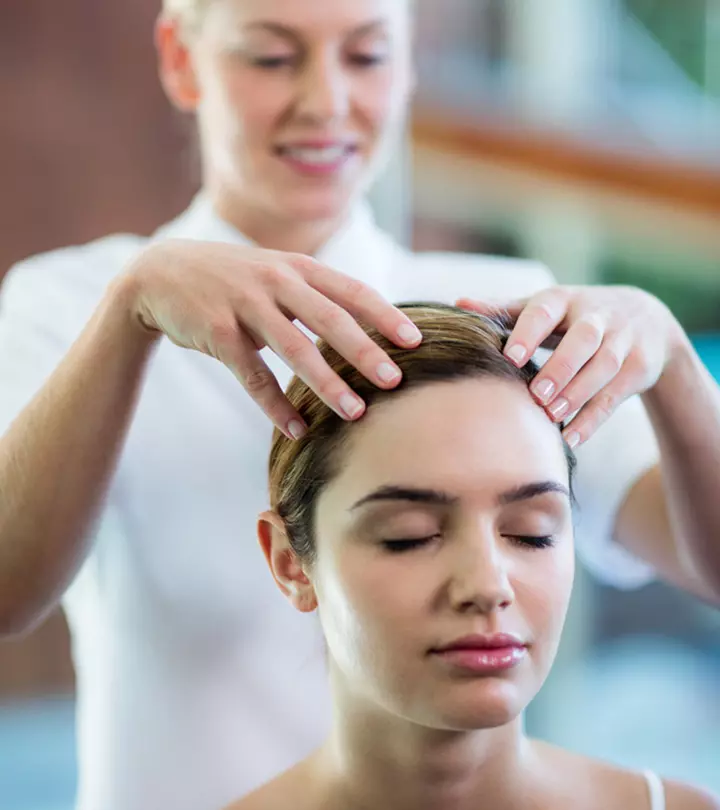
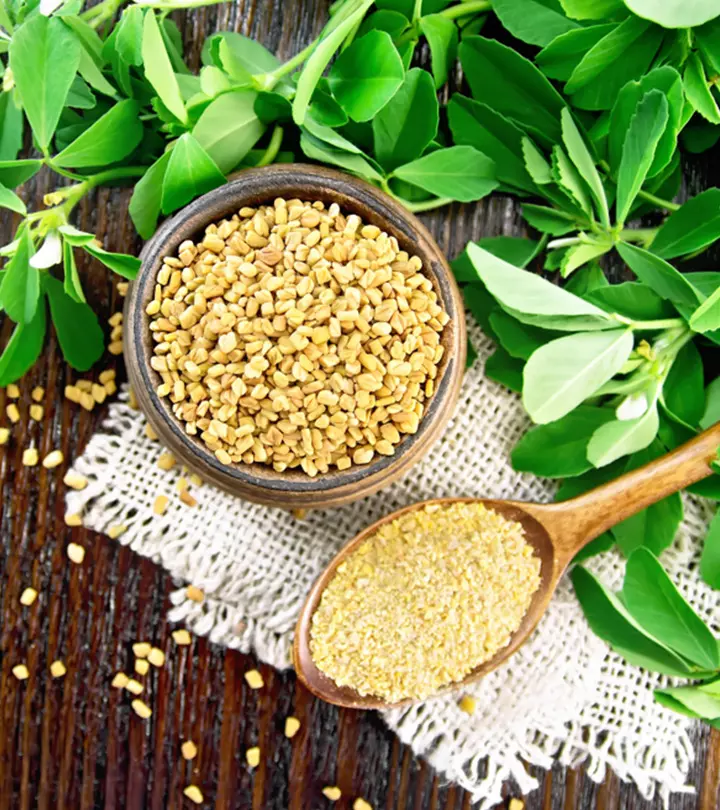
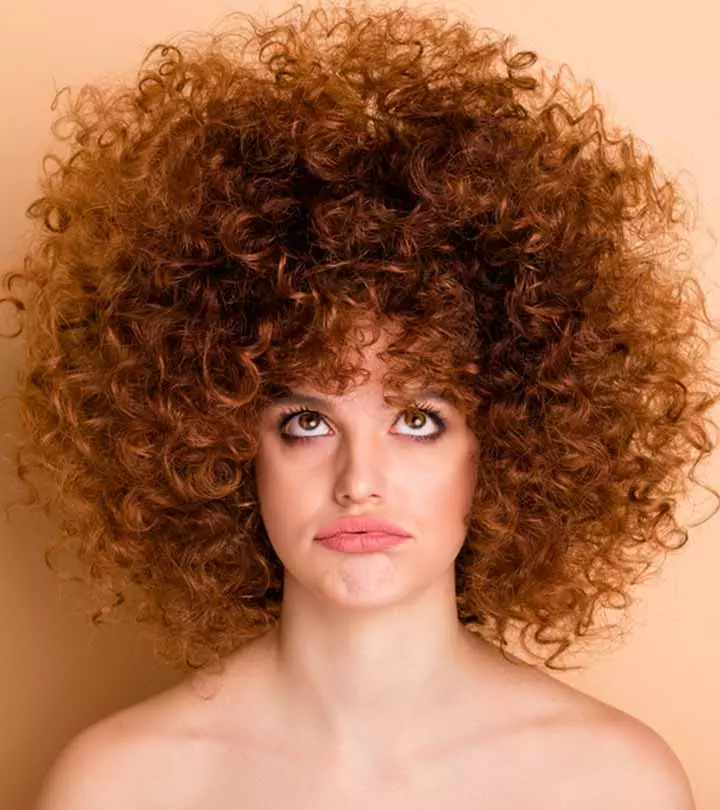
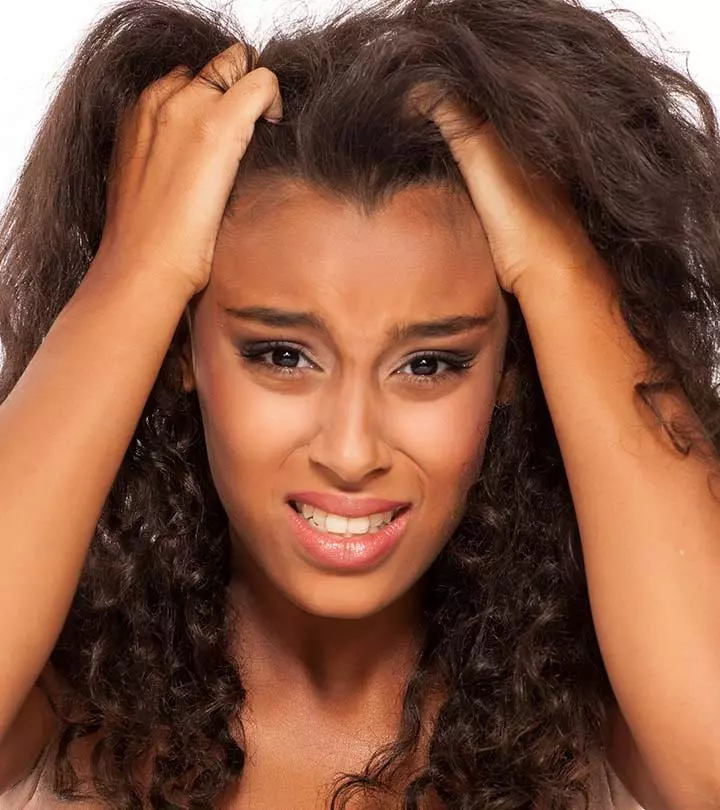
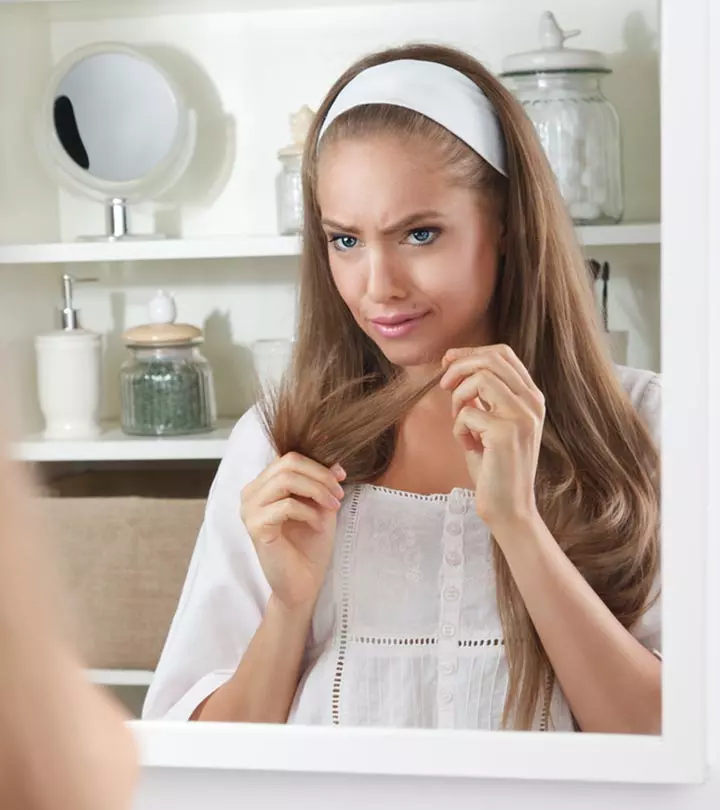
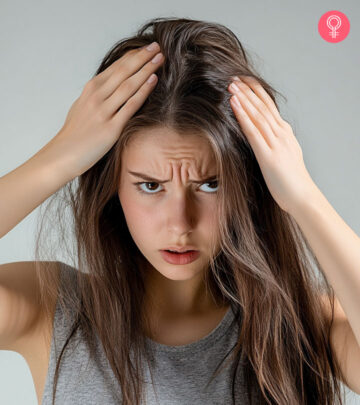
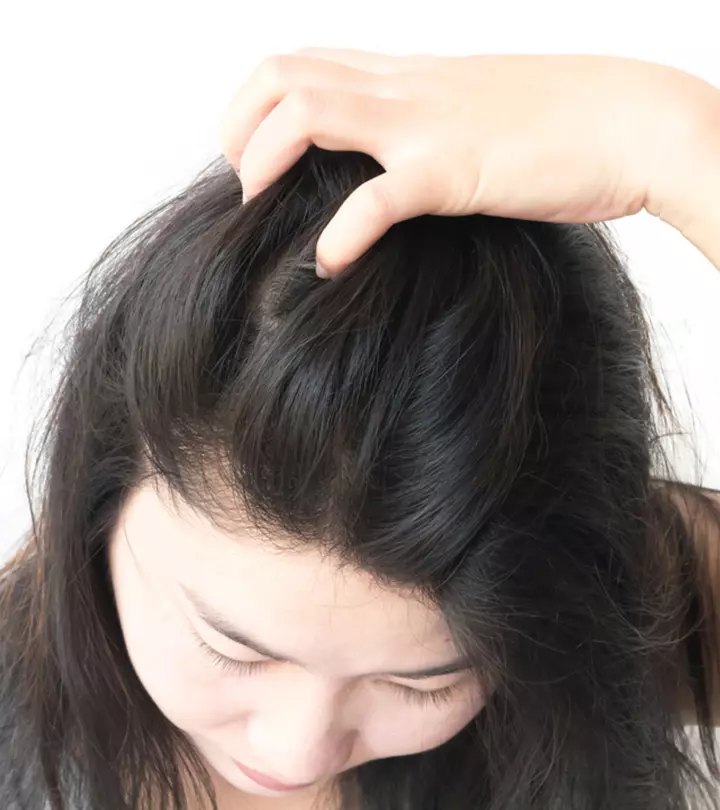
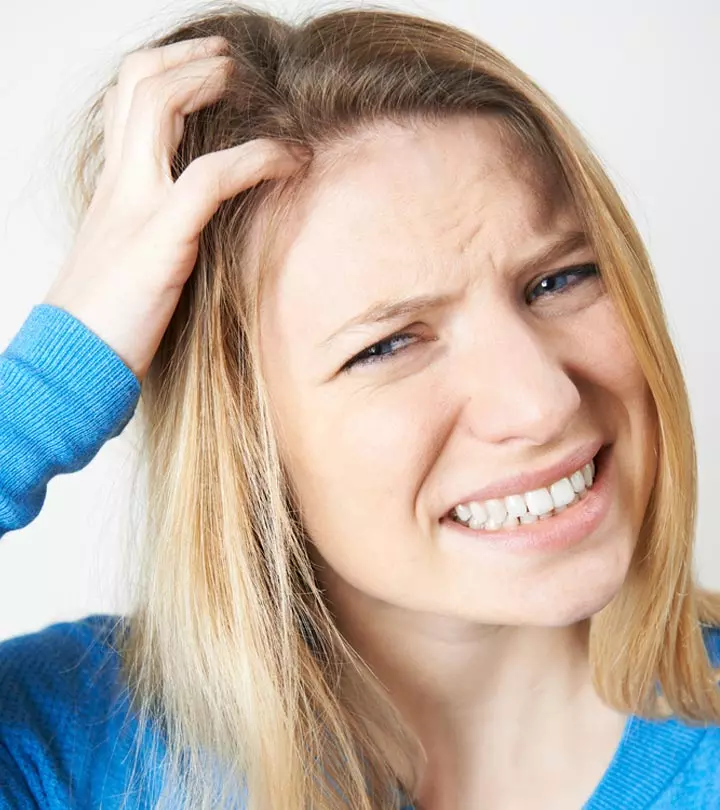
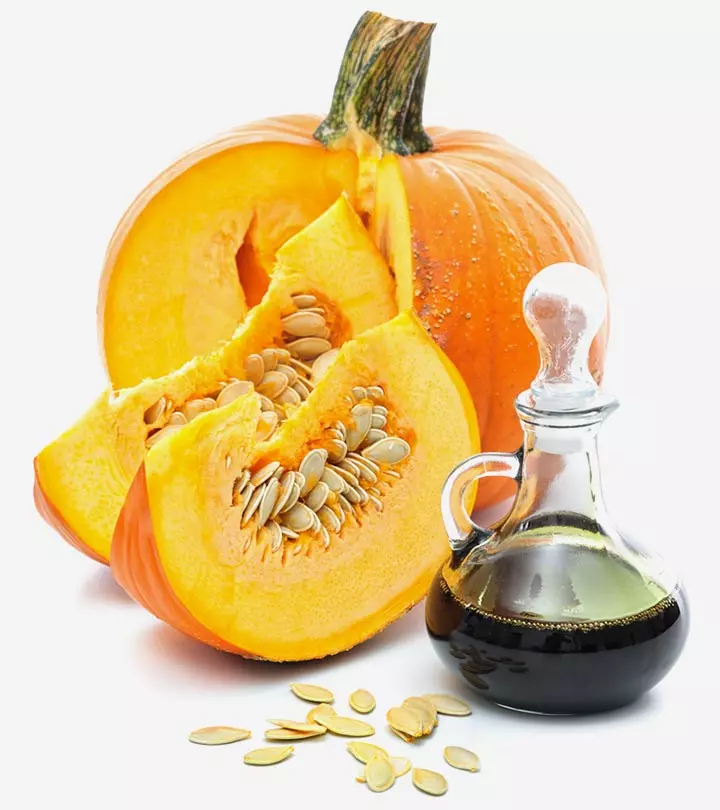
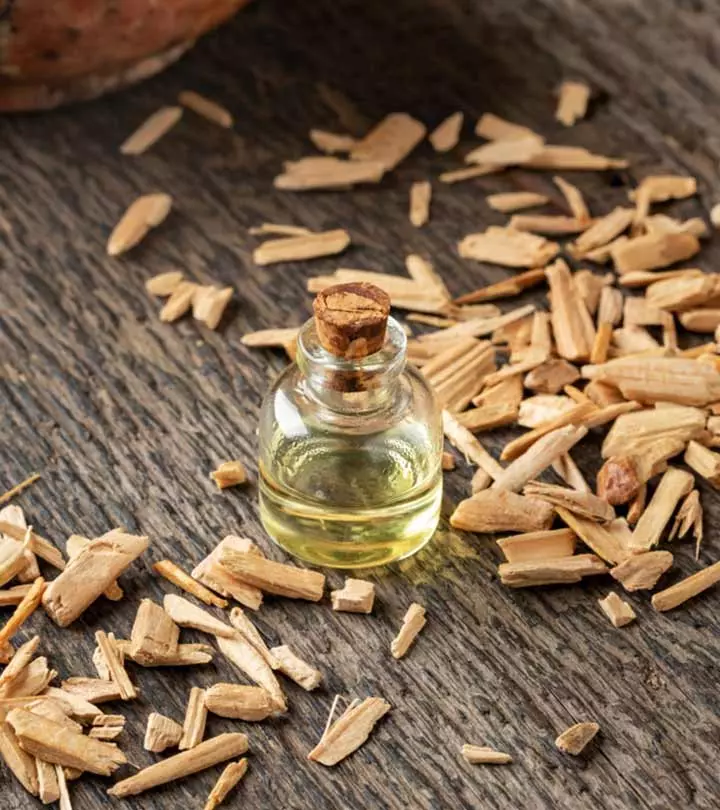
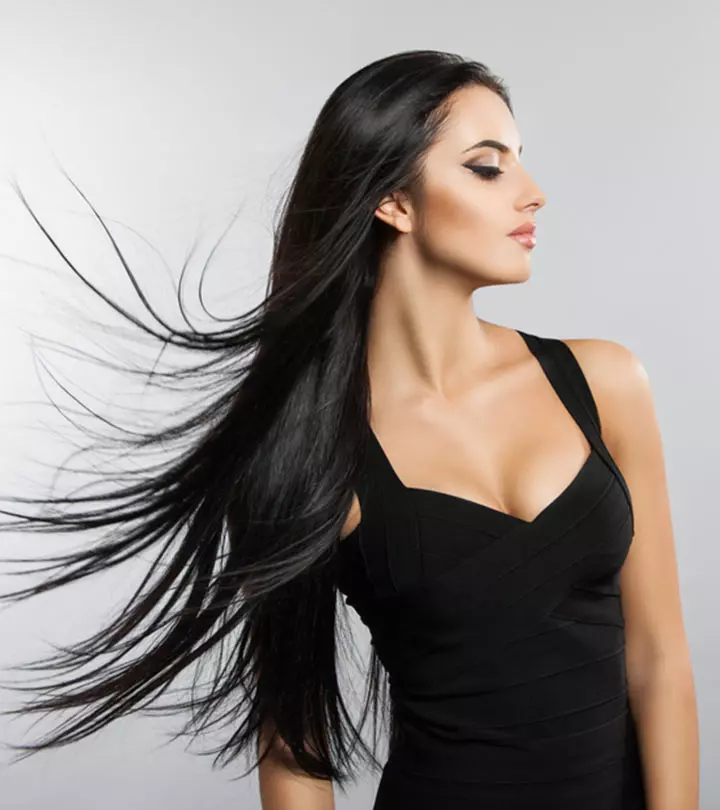
Community Experiences
Join the conversation and become a part of our empowering community! Share your stories, experiences, and insights to connect with other beauty, lifestyle, and health enthusiasts.